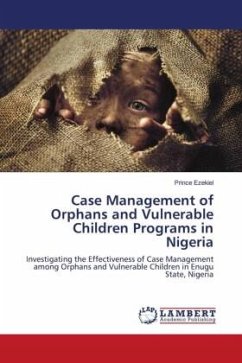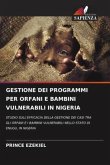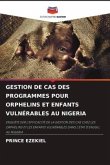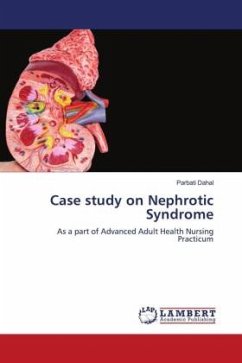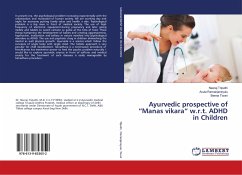The harsh economic realities in Sub-Saharan Africa are increasing in an alarming proportion. HIV/AIDS among other issues including poverty, road traffic accidents, conflicts, communicable and non-communicable diseases, and harmful cultural practices are among the major causes of orphaning and vulnerabilities in low and middle-income countries. Hence, the Case management approach has been adopted as a community service delivery strategy for addressing the needs of orphans and vulnerable children at the household level. This study investigated vulnerable households in Enugu State, who have been ever enrolled in Orphans and Vulnerable Children (OVC) donor-funded programs and received services that are geared toward enhancing their socio-economic stability. Findings show strong collaboration between OVC implementing NGOs and government stakeholders in terms of capacity building and systems strengthening in addressing the need of OVC and their caregivers. Conversely, the weak synergy between local and state government OVC officials - hampers their oversight capabilities of OVC programs. Case management of OVC and their Caregivers results in household economic resilience.
Bitte wählen Sie Ihr Anliegen aus.
Rechnungen
Retourenschein anfordern
Bestellstatus
Storno

